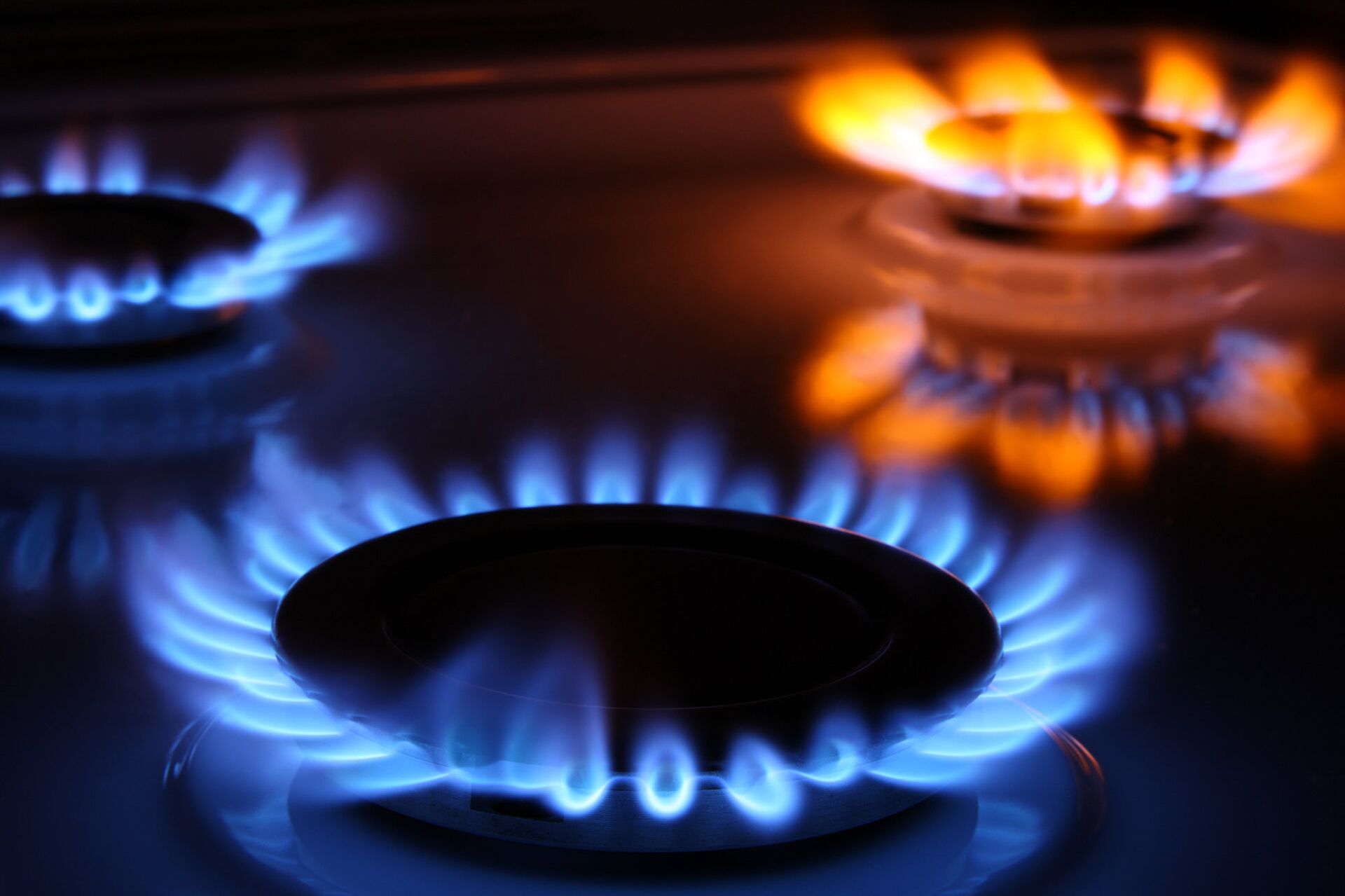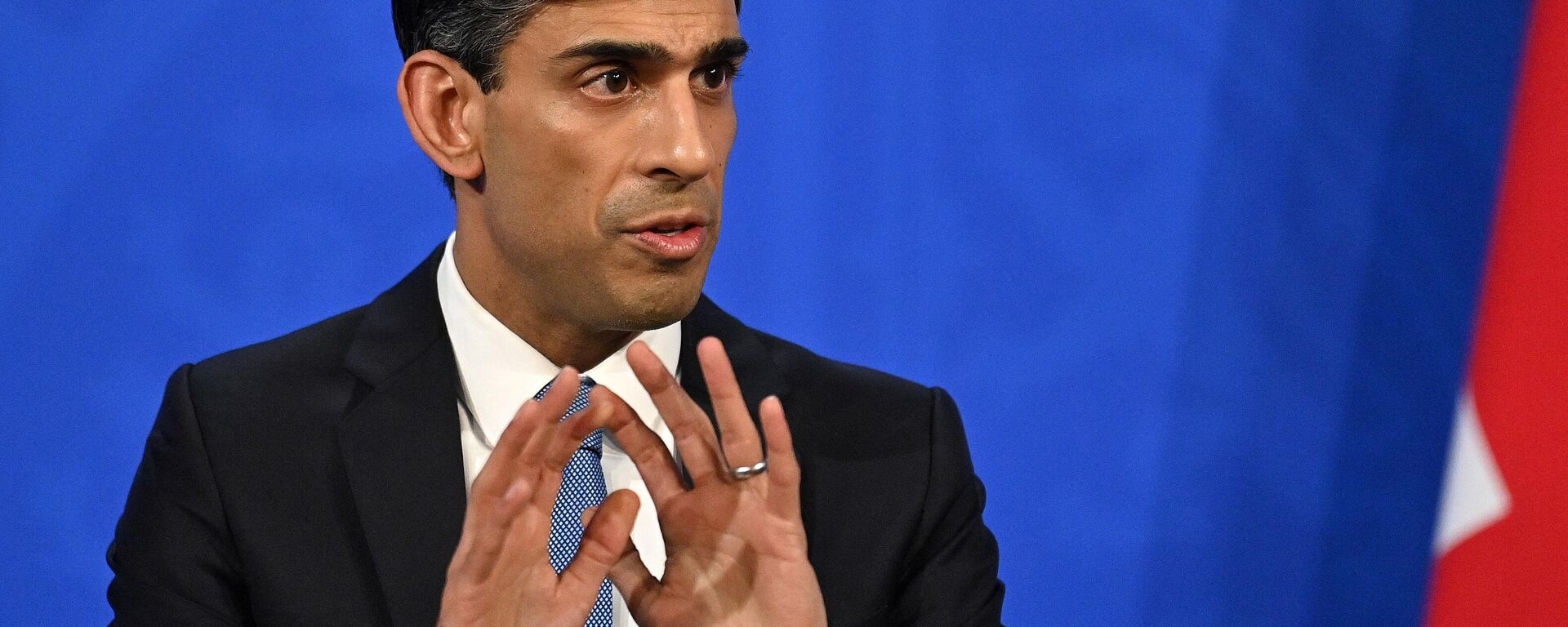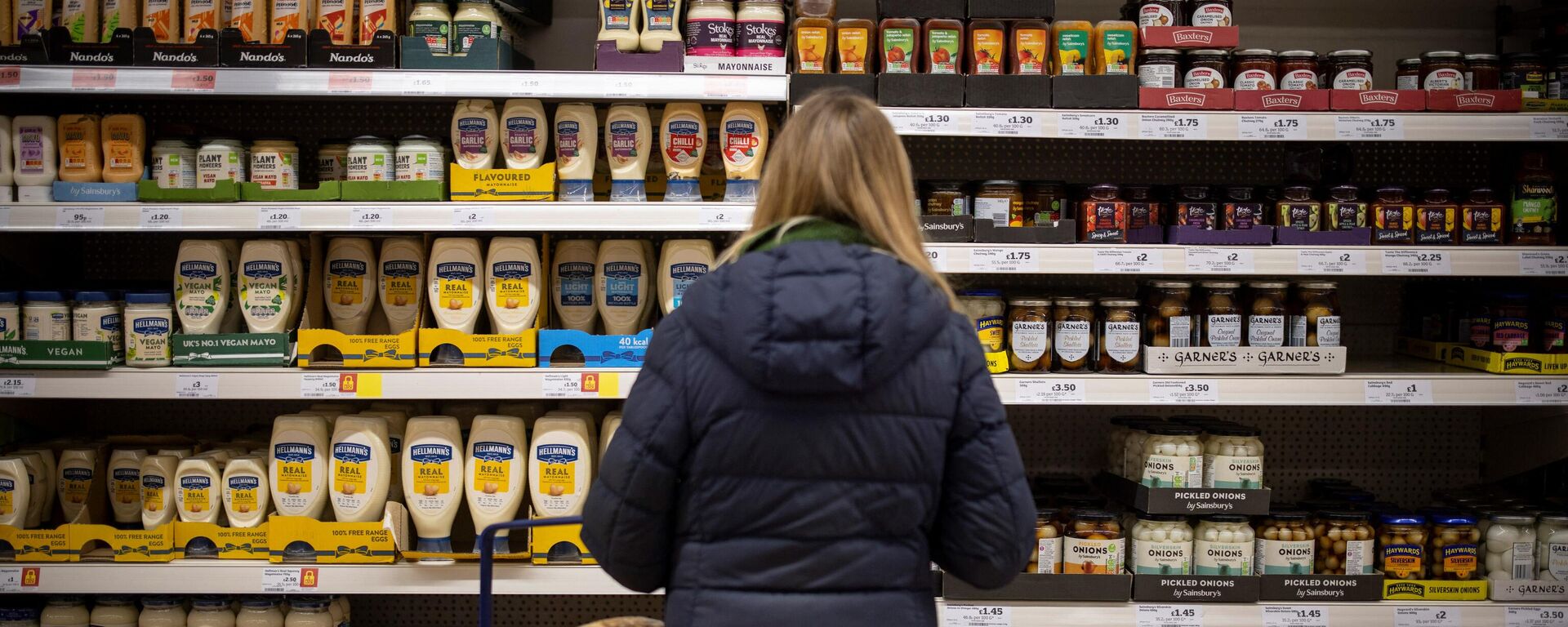UK Families to Face Annual Energy Bills of Up to £2,800 as Wholesale Costs Buffet Up Price Cap
07:40 GMT 24.03.2022 (Updated: 15:18 GMT 28.05.2023)

© Photo : Ofgem/face
Subscribe
An analysis from the Resolution Foundation had earlier warned that soaring food and energy prices would likely drive a fresh inflation spike of over 10 percent for the poorer UK households by the coming autumn, warning that the rising cost of living for British families would hit low and middle-income families the most.
British households have been warned by forecasters of the possibility that their average annual energy bill might soar to around £2,800 ($3,691) by autumn.
Record surges in global gas prices have already driven a 54 percent energy price cap rise. After it is raised on 1 April by regulator Ofgem, bills will increase by around £693 ($913), from £1,277 to £1,971 for those on default tariffs paying by direct debit, affecting 22 million customers.
The energy price gap is the maximum amount that suppliers can charge customers for each unit of gas and electricity they use. Prepayment customers will see an increase of £708 from £1,309 to £2,017.
However, The Office for Budget Responsibility (OBR) in its detailed predictions for the economy warned that the price cap is likely to rise by another 42 per cent in October – a 120 per cent increase on a year earlier.
Resulting in skyrocketing costs hitting the nation, it could hike up household energy bills by another £830, with Brits having to fork out an annual sum of close to £3,000.
The forecaster also factored in the fallout from the ongoing Russian operation to demiltarise and de-Nazify Ukraine, after the Donetsk and Lugansk People’s Republics (DPR and LPR) appealed for help in defending themselves against continued attacks from Kiev forces.
In response to what has been labelled “an invasion”, the US and its allies have slapped Moscow with massive sanctions.
“The rise in market expectations for gas prices due to the Russian invasion of Ukraine will not be felt by consumers until October 2022, when current futures prices suggest the cap will have to rise dramatically again. Based on the wholesale gas price futures assumed in our forecast, we assume it would rise by about 40 per cent,” stated the watchdog.
According to the OBR, inflation was anticipated to reach a 40-year high of 8.7 per cent next winter.
It warned that higher inflation would invariably erode real incomes and consumption, slashing GDP growth in 2022 from 6.0 per cent in the October forecast to 3.8 per cent. The independent UK economic forecaster predicted that a racing inflation, “outpacing” nominal earnings, coupled with a net taxes rise in April, would set livings standards plummeting by 2.2 per cent in 2022-23.
The watchdog summed up that it would be the largest financial year real living standards fall since records began in 1956.
“Despite the £9billion in fiscal support for household energy bills delivered in the Spring Statement, pressure for more could build if the energy price cap in October does rise by the roughly 40 per cent assumed in our central forecast,” concluded ORB.
‘Bleak’ Winter Ahead
Indeed, the Spring Statement, delivered by UK Chancellor Rishi Sunak on Wednesday, contained an offering of measures by the British government to help people cope with the rising prices.
But despite its tax cuts and additional benefits for low-income people, the mini-budget was criticized by some analysts and opposition lawmakers as falling short of what was needed under the circumstances.
Sunak, in his speech, announced that the government would slash 5p off the tax on a litre of gasoline and diesel for a year, promising it would save the average car driver about £2 a week.
Furthermore, another £500 million are to be added to the Household Support Fund, distributed by councils to help families on low incomes.
Billed as the “largest ever” tax cut , another announcement was the increase in the income threshold that workers must meet before paying National Insurance. The broad tax funds state pensions and some benefits. The Chancellor scrapped a plan to increase the threshold by just £300, replacing it with a “personal tax cut” worth £330 to the average worker, he told MPs.
According to the Institute for Fiscal Studies, this would compensate 70 percent of workers who will be hit by the 1.25 per cent hike in national insurance contributions (NICs) coming into effect next week.
Rishi Sunak has also made an offer of zero-VAT rating for green home improvements, such as installation of solar panels and heat pumps, as part of a push to offset reliance on gas.
"Thanks to Brexit, we are no longer constrained by EU law. So I can announce that for the next five years, homeowners having materials such as solar panels, heat pumps and insulation installed will no longer pay 5 per cent VAT. They will pay zero," said Sunak in the Commons.
Martin Lewis, who runs the Money Saving Expert website, was cited by The Independent as being frustrated with the Chancellor’s “limited” measure on energy.
“It won’t impact the majority of households who will see a likely £1,300 average increase in year-on-year bills by October,” added Lewis.
The OBR also stated that Rishi Sunak’s Spring Statement measures did no more than remove one-sixth of the tax hikes previously announced, with the overall tax take set to reach its highest level since the 1940s.
The watchdog added that after a £6 billion cut in national insurance contributions (NICs,) coming into effect in July, and £5 billion reduction in income tax in 2024, the overall tax take will rise from 33 per cent of GDP in 2019-20 to 36.3 in 2026-27.
Financial advice journalist Martin Lewis, speaking on Radio 5 Live following Rishi Sunak's Spring Budget announcement, has warned:
“It's going to be a bleak winter for most people in terms of bills. What he (Sunak) has done today is not enough to stop that being bleak.”
Let's stay in touch no matter what! Follow our Telegram channels to get all the latest news:
Sputnik News US - https://t.me/sputniknewsus
Sputnik News India - https://t.me/sputniknewsindia



